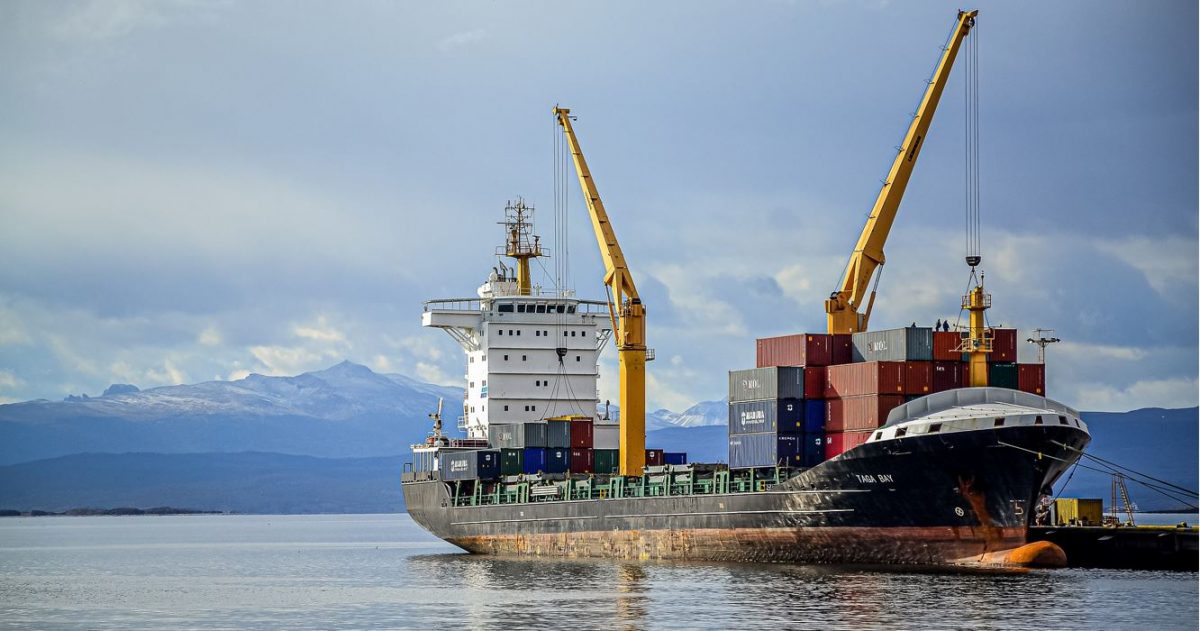ESG in shipping suffers from lack of standardisation
02/11/2022Nearly two decades after the United Nations introduced environmental, social, and corporate governance (ESG) as a corporate social responsibility initiative, the maritime industry is finding that the lack of standardisation is making it tricky to implement.
Safetytech Accelerator’s Commercial Director, Gabriele Dado, was among industry stakeholders who opined during a Safety4Sea virtual conference this month, that the lack of industry wide ESG standards is one of the main stumbling blocks in ESG implementation, even as governments and customers are demanding it.
Safetytech Accelerator, established by Lloyd’s Register, is passionate about the role of technology in increasing safety and decreasing risk in industry.
Dado said, “We can all agree standards are not quite there yet. I think here, technology has a key role to play, especially when we think of technology as an unbiased way to take measurements and these measurements are not only about emissions, for example, but also fitness for duty and fatigue, specifically related to crew conditions.
He disclosed that Safetytech Accelerator hopes to collaborate with regulators in this respect.
Dado elaborated, “It’d be a fallacy to think that if we’re just measuring vessel emissions, we can measure those emissions out of a funnel, but there’s the entire lifecycle that need to be taken into consideration. So where do we start counting? How do we set the reporting baselines? And this is where technology can be quite useful, talking about blockchain for example. When it comes to tracking the overall lifecycle, emissions for a specific fuel for instance, could correlate with emissions out of a funnel, but really originates many days, many miles away.”
Aideen O’Driscoll, Vice-President at Ardmore Shipping, said that while companies are experimenting with various fuels to decarbonize, they are not sure of what will work.
She said, “There’s so much ambiguity and uncertainty that we need people who are adaptable and willing to operate within that kind of unknown area so I think that’s actually a big challenge when it comes to talent, when it comes to adapting people’s mindsets, to really thrive in this kind of grey landscape that we have.
With Safetytech Accelerator’s technological focus, Dado said that key challenges are technology availability and readiness as well as safety.
He explained, “Not all these technologies are readily deployable on vessels and there are additional safety considerations when it comes to vessel suitability. Generally the industry is more reactive than pro-active, and is very regulation-driven. So those who do not become early adopters will tend to run the risk of being left behind.”
While Dado noted that multi-national corporations such as Maersk, Amazon and Walmart are focusing on business partners which are more transparent in their ESG approach, varying transparency standards among shipping companies present another challenge.
Safety4Sea’s Founder and Managing Editor, Apostolos Belokas, said that many appear to not be fully transparent on some issues, and that top-tier ship operators tend to be more open than fourth- or fifth-tier ones.
Oistein Jensen, Chief Sustainability Officer, at major Norwegian chemical tanker owner Odfjell SE, asserted that being Scandinavian, his company is as transparent as possible.
Jensen said, “If you look at our annual report, there are pages after pages of detailed information about everything that we perform, everything that we admit, everything that we’ve done with regard to social and governance, and also emissions.
“We’ve done our materiality assessment, we’ve talked to our stakeholders. We’ve asked our stakeholders, “What are you into? What’s important for you” And that has given us priorities with regards to our ESG reporting.”
Odfjell, said Jensen, has also been working with the Norwegian Shipowners Association and Intertanko to develop ESG standards.
Raal Harris, Chief Creative Officer at Ocean Technologies Group, a learning and operational technology innovator, suggested that having standards may not solve everything, as companies could just comply with minimum requirements.
He said, “ESG is fundamentally what you can prove at the end of the day, and there is no way you can really do that unless you are prepared to be transparent in a whole range of issues.”
Vessel vetting provider RightShip’s ESG Manager, Aishwarya Iyer, suggested that shipping companies should set their own ESG criteria and implement these holistically.
She said, “We still need to look at factors that are relevant to each persona and stakeholder and I think more than that to understand the place of shipping in the value chain and thereby influence a lot of players along that value chain.”
Dado pointed out that these days, elements further down the value chain expect their counterparts to have ESG practices. He mentioned that Safetytech Accelerator is working with a major dry bulk operator which is implementing pro-active cleaning and emissions measurements to elevate its environmental standards.
Dado said, “This is a pilot using technology that we’re going to be deploying on vessels. Obviously, that also involves a buy-in of technical managers, of the owners, and therefore, we’re seeing how this is being enforced down the chain but more rightly adopted because it’s becoming a market requirement in order for you to win business. Today and tomorrow, more than ever, there’s going to be this push from customers and that’s going to be passed down the chain eventually.”
You can view the entire Safety4Sea panel on ESG in Shipping here at 2:50:00.
See all our articles relating to ESG here .
Read more about Safetytech Accelerator’s Methane Abatement Initiative, MAMII at www.mamii.org

